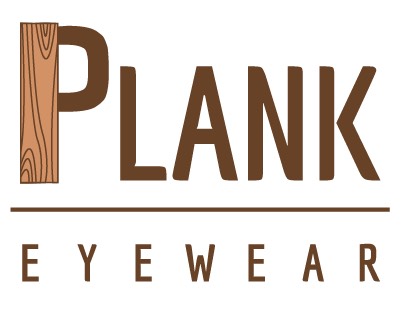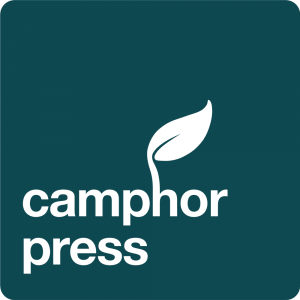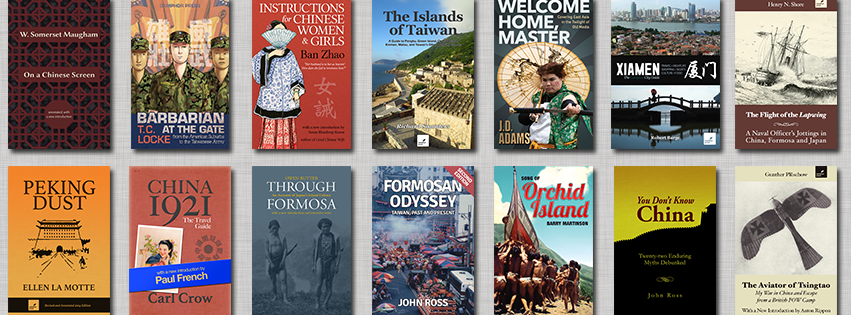Today our interview partner is Artiom from Mellis Berry who makes delicious honey products in Estonia.

Tell us a little bit about yourself and your background.
I went to school and grew up in Estonia, then studied and worked for some time in Sweden, eventually moved to UK and worked for various companies as a software engineer and security consultant. Most of my life was spent behind the computer screen.
What kind of business do you run? When did you start it?
I am running a food business. I make honey desserts: creamed honey infused with berries and syrup. Something that you would actually enjoy eating rather than just having a single spoon during your illness.
How highly regulated is the food industry in Estonia?
The food industry regulation is pretty high. After all nobody wants to get sick after eating your products. However the requirements are much easier when you’re a small producer working off your flat. It took me roughly four months to get all the paperwork done, but that is because I knew nothing. If I were to do it again today I think I’d get a license if about two weeks.
What inspired you to start this business?
Contrary to seeing a problem in this field and fixing it, I saw a problem in myself – I was spending way too much in front of my screen. Having had a passion for cooking I started experimenting. Eventually ended up working with honey and decided to build a full product out of it. It somewhat worked.
What is your daily routine of running your business?
Marketing. Marketing. Marketing. I have the product ready so I’m looking for ways to sell it now.
What are the best and worst parts of running your business?
I’ll start with the worst. You work 24 hours a day. That is if you believe in your business. As a result everything suffers: relationship, health. Unless you have friends and family that can support you emotionally it’s really tough. Here’s an example: all your friends are gone on a two-week ski trip and you have been working without holidays a year, yet you find the courage and mental strength to stay and continue your work. The best part is when you find your customers. When you see that something you do can make lives better, easier, happier. It’s really cool.
Does your business generate enough money to support you?
No.
Are there any blogs, podcasts or Facebook Groups about entrepreneurship you follow closely?
Apart from books I listen to Four Hour Work Week podcasts by Tim Ferris and spend my time in /r/Entrepreneur on reddit.
Which resources to run your business do you use most?
Books and friends’ advice who already own business. Customers to get feedback on my products and professionals (fellow entrepreneurs, marketers, developers, designers) on the Internet to criticize everything from label design to business plans.
What keeps you motivated to keep working on your business?
Whenever I give someone that hasn’t previously tried my honey desserts their first reaction is I won’t eat it in one go, not even in five. Yet on countless times I’ve seen how as we chat these people finish off the whole jar. That’s the best motivation. I want to see more people do it.
What would you recommend new entrepreneurs? How to get started?
There are so many books written about it, yet I would just say “start”. It’s like with children – there’s no right moment to do it, you just need to make the first step.
Have you ever started a new business and then given up for some reason?
Yes. On multiple occasions.
How important do you think is talent when starting a business?
Do I have a talent for cooking? No. I definitely do it way better than the majority of others. But I have the energy to develop this business to the point when I can hire talented people to help me reach further heights I couldn’t have reached alone.
How much time do you spend running your business per day?
4-8 hours a day and 12-15 hours on weekdays. I still have a full-time job.
You know you’re an entrepreneur when …
I think I’ll have this feeling when I’m able to switch jobs from spending 8 hours in the office and 4 hours on my business to working 15 hours on my business 🙂
Any books about entrepreneurship you can recommend?
The 4-Hour Workweek, The Millionaire Fastlane and How to Win Friends & Influence People.
What would you say is the hardest part about running a business?
Sacrificing your personal life.
What tools do you use to run your business?
Since I’m a software developer I’ve written ERP for myself with very specific requirements. Some generic accounting software, and the Internet.
Do you have a Unique Selling Point?
It’s unusual packaging and combination of tastes. When was the last time you’ve heard about sea buckthorn? What about sea buckthorn with creamed honey? How about labels that hide the lid of a jar? You need to see that in order to undestand. And you absolutely need to taste that to know.
How did you come up with the name of the company?
I was looking for something interesting consisting of two words. Something like Mettle and Poise, April Blush. Completely unrelated to the products I make. Yet a friend suggested to use a related name. Due to the absence of any alternatives I used Mellis Berry.
How many people are involved in your business?
If we don’t consider lots of friends who help me along the way I’m the sole person involved heavily.
Can you recommend a webhost?
If you’re a developer you already know the answer, otherwise it’s easier to go with hosted solution like Shopify or similar.
Outside of business what do you enjoy doing? How do you recharge your batteries?
Sports. You absolutely need to do that. I also enjoy travels and hiking, but I don’t remember the last time I did that for a period longer than a day.
Do you think that anybody could start a business?
I currently live in Estonia, the most “e” country in the world. To start a business you just need 15 minutes and 150 euros to create a company. Done. You can call yourself a businessman or businesswoman. Yet you need balls (also relates to women) to make it profitable and self-sustaining. So no, not everyone can do that.
Do you think that Social Media such as Twitter or Facebook are good marketing tools?
It depends how and which audience you are targeting. If the product is for 60+ people you need to use different tools, more like old school media like TV or newspapers.
Do you think making decisions on a gut feeling is a good idea?
Use all your savings to buy stocks. Use your gut feeling to choose what to invest into. Would you dare to trust it?
Do you think it is a good idea to start a business with a friend?
It depends. That didn’t really work out for me (I’ve tried multiple times, however we still remain very good friends), yet I know people who did build something with their friends or even family. So why not?
To learn more please visit Artiom’s website at Mellisberry.com.







